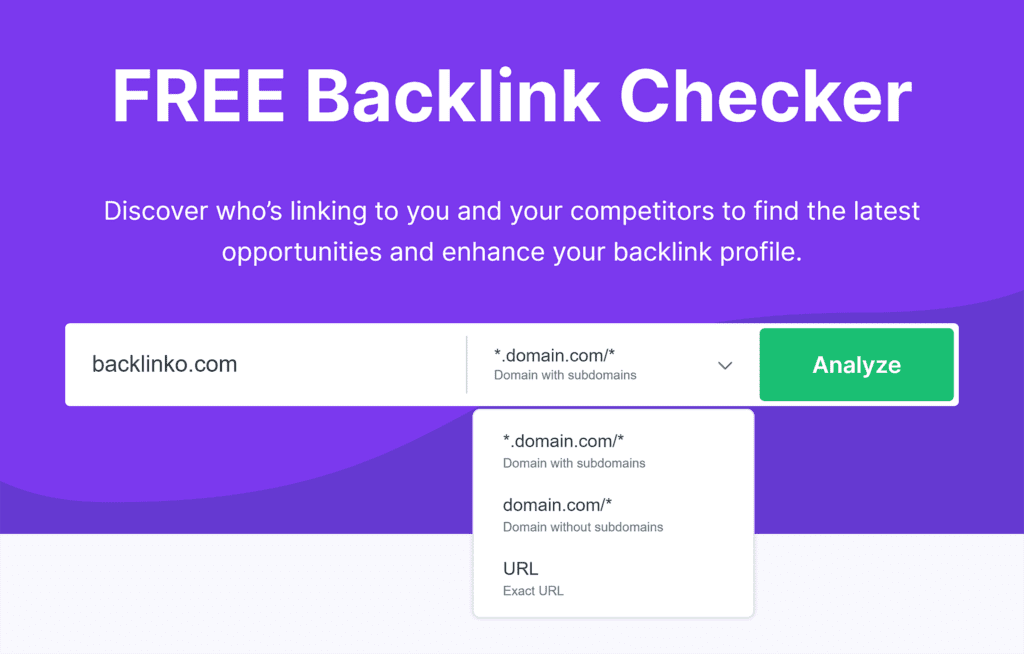The Ultimate Guide to Website Indexing on Google

Think of your website as an exclusive treasure concealed within a vast library. It might be the most informative and valuable resource on a particular topic, but it will only reach its full potential if people know it exists. That’s where website indexing on Google comes in. Just like a well-organized library catalog helps researchers find the books they need, getting indexed by Google ensures your website appears in search results when people look for information related to your niche. This comprehensive guide will equip you with all the knowledge you need to understand website indexing and optimize your website for Google’s search engine.
What is Website Indexing?
Website indexing is how search engines like Google find, evaluate, and store data about your website’s web pages in a massive database. Whenever a user enters a query, Google consults this database to determine which websites are the most relevant and educational to show in the SERPs.
Here’s a breakdown of the indexing process:
- Crawling: Google uses automated programs called “crawlers” or “spiders” to scour the internet, following links from one webpage to another.
- Indexing: Once a crawler discovers a webpage, it analyzes its content, structure, and metadata (information about the page itself). This analysis helps Google understand the webpage’s topic and purpose.
- Ranking: Based on its understanding of the webpage and various ranking factors, Google assigns it a position in the SERPs for relevant search queries.
Why is Website Indexing Important for SEO?
So, why should you care about website indexing? Here’s why it’s crucial for your website’s Search Engine Optimization (SEO) strategy:
- Visibility: If your website isn’t indexed, it’s invisible to search engines. This means potential customers searching for products, services, or information about your niche will never find you organically through Google.
- Traffic:Organic website trafficcan be attained by indexing. Promoting your website to a higher SERP position for relevant keywords increases the likelihood that you will attract genuinely interested clients.
- Credibility: Appearing in Google’s search results lends credibility to your website. Users perceive indexed websites as trustworthy and relevant sources of information.
How to Optimize Your Website for Indexing on Google
Now that you are aware of how important it is for websites to be indexed by search engines let’s look at some doable actions you can take to increase the likelihood that Google will index your website:

Create High-Quality Content
Websites that offer helpful and informative information rank higher in search results. Focus on creating well-researched, engaging content that addresses your target audience’s needs and interests. This could include blog posts, articles, product descriptions, infographics, or videos.
The following are some pointers for creating excellent content:
- By conducting keyword research, find out what relevant terms your target audience is searching for.
- Make sure the information is appropriately organized, readable, and free of grammar errors.
- Use internal linking to connect relevant pages on your website.
- Use pertinent keywords to optimize your content, but refrain from filling it with them.
Improve Your Website’s Structure and Navigation
Websites with good structure make it more accessible for search engines to crawl and retrieve content. Here’s how to optimize your website’s structure and navigation:
- Create a clear sitemap: A sitemap is a blueprint of your website that lists all your web pages and their hierarchy. To improve crawl ng, submit your sitemap through Google Search Console.
- Use a simple and intuitive navigation menu: Users and search engine crawlers will find it easier to locate the information they need if your navigation menus include clear and descriptive labels.
- Optimize your URL structure: Use descriptive and keyword-rich URLs that accurately reflect each webpage’s content.
Ensure Mobile-Friendliness
Given the proliferation of mobile devices, Google favors sites that offer a consistent user experience regardless of the device in question. Here’s why mobile -friendliness matters:
- Improved user experience: Visitors using smartphones and tablets will have a better experience on a mobile-friendly website since it loads faster, adjusts to multiple screen sizes, and is easy to use.
- Higher search ranking: Google prioritizes mobile-friendly websites in search results for mobile searches.
Submit Your Website to Google Search Console

Website owners may use Google Search Console for free to monitor their site’s performance, check which pages are being crawled, and identify issues, including indexing sites.
Here are some critical functionalities of Google Search Console:
- Submit your sitemap for indexing: This helps Google discover all the pages on your website.
- Monitor crawl errors: Search Console can alert you to any crawl errors that might prevent Google from accessing or indexing your web pages. Broken links, server problems, or robots.txt blocking could cause these errors.
- Request indexing for new pages: You can submit new or updated web pages to Google Search Console for faster indexing.
Build High-Quality Backlinks
Backlinks are connections to your website that other websites have made to yours. The presence of quality and relevant backlinks to your website is like a stamp of approval from search engines. Here’s how backlinks influence indexing:
- Authority: Search engines perceive websites with a strong backlink profile as more authoritative. This can improve your website’s chances of being indexed and ranking higher in SERPs.
- Discovery: Backlinks act as a discovery mechanism for search engines. When a crawler e counts a backlink to your website, it’s more likely to follow the link and discover your content.
Some methods for constructing reliable inbound links are as follows:
- Create link-worthy content: People are likelier to link to valuable and informative content. Focus on creating content that others would find compelling enough to share with their audience.
- Guest blogging: Contribute guest posts to relevant websites in your field. By doing this, you may expand your audience, contribute your knowledge, and obtain beneficial backlinks to your website.
- Broken link building: Identify broken links on relevant websites and contact the website owners, suggesting your content as a replacement.
Remember: Focus on building high-quality backlinks from reputable websites. Refrain from buying backlinks or participating in link schemes since these actions might negatively impact the SEO performance of your website.

Unlock Your Website’s Potential with Effective Indexing Strategies
Using the tactics described in this tutorial may increase the likelihood that Google will index your website and drive natural traffic. Remember, website indexing is an ongoing process. Regularly monitor your website’s health using Google Search Console, address any indexing issues promptly, and continue to create high-quality content to maintain a strong presence in search results.
Ready to improve your website’s SEO? Elatre, a creative digital marketing agency, can help you develop a comprehensive SEO strategy that includes website indexing optimization, content marketing, and backlink building. Our team of professionals can also help you meet your website traffic and ranking objectives. Explore Elatre today and unlock the full potential of your online presence!

